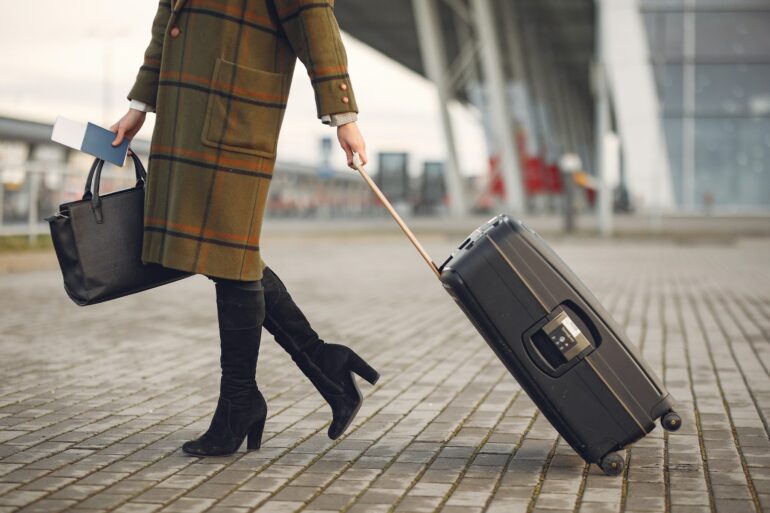To give you a brief on the British sponsorship license, it is permission that is obtained by the employers in the UK to employ individuals who are not a resident of the country. The Home Office grants permission to the organization so that they can employ non-residents on their business. As per the immigration system of the UK, if an employer in the UK wishes to hire an individual on the basis of a Skilled Worker visa, then they should have the sponsor license to do so.
Without the sponsor license, they cannot hire non-UK residents. The candidates who apply for Sponsor License are all screened by the home office on the basis of the situation, at the time of their application. In addition to that, the employers should meet all eligibility requirements laid by the Home Office to employ such candidates. They are also required to submit a few necessary documents that would act as evidence and will depict that the employer is reputed enough in the country.
However, there are several instances when the application of a sponsor license may be rejected by the caseworkers of the Home Office. We strongly suggest that the Employers in the UK should be aware of the common mistakes that usually happen when applying for a sponsor license, as rejections not only impact your business and lots of money, but the employer may lose the candidate that they wished to hire from overseas. If you need any kind of help when applying for a sponsorship license, you can choose to seek help from imperiallegal.com/sponsorship-licence/.
Without further ado, today we are discussing a few common mistakes that organizations usually make when they apply for a sponsor license.
-
Failed Test of Genuineness:

Before allowing an overseas candidate to work in the UK, the Home Office carries out a verification test to ensure that the applicant’s business is a genuine business. That said, the business should be operating lawfully and should be capable enough to meet the requirements in terms of salary and skills.
Appendix A has some documents listed and by submitting them, you can make the authorities believe that your business is trading in the UK. Such documents will then be verified by the issuing authority to double-check the information. If the caseworkers doubt the genuineness of a particular document, they will disregard that particular proof as evidence and will ask for further clarifications.
Apart from proving your business, you will also have to prove the genuineness of the vacancy for which you are hiring a candidate on a sponsorship license. You will have to demonstrate that a particular vacancy which you choose to fill is relevant to the skills of the candidate and that they will be paid an adequate salary for the position.
If you believe that the rejection of your application was because of an error of the caseworker, you can ask the officers to review their decision through a process known as the “error correction request process”. Alternatively, you can reapply at the Home Office after your cooling period ends.
-
Not submitting required documents:

It often happens that the application for sponsor license gets disqualified because of missing or incorrect documents that the applicants submit. That said, your application is delayed or refused altogether if you fail to submit all required documents. Additionally, you need to make sure to submit genuine information. Different organizations are required to submit different documents based on the kind of business.
The documents also depend on the kind of role that you want to fill. Appendix A has a list of documents that are required by the authorities to verify the legality of your business and also make sure that it is genuine, the Appendix is a document of the Home Office’s guidance. Usually, the applicants will have to submit at least four documents from the ones listed in Appendix A.
Within five days of applying for a sponsorship license, you will have to submit all required supporting documents. If the Home Office caseworker extends the document requirement, you must submit them within the given timeframe, or else your application may stand void.
-
Fails to Pay Pre-License Visit:

The officials of the Home Office may wish to assess your organization to see whether or not it can fulfill the duties of the sponsor license, then it can pay a visit. This usually happens before they approve the application. This visit is known as a pre-license visit and they check whether your organization is legitimate. It also checks whether you have appropriate HR and the right recruitment processes in place so that you can pay attention to the migrant workers.
It also ensures that you are capable enough to fulfill all your legal obligations as an employer. The officers may carry out a visit without informing you in advance, hence, it is recommended that you should stay prepared. Instead of visiting the main office, they can visit any other physical address that you may have mentioned in your application, where the migrant workforce will be working.
-
Non-Compliance History:

If your application was rejected in the past for some or another reason and if you have applied again for the same, then there are high chances that the authorities will doubt your application. Also, if you held a sponsor license but then it was revoked, you should pay extra attention. The length of the cooling period applied for your organization depends purely on the circumstances.
We highly recommend you wait until your cooling period is over, and you shouldn’t re-apply before that. Your application will be refused automatically if you re-apply before the completion of the cooling period. The officials are strict in such matters and you need to be extra vigilant.
The Bottom Line
You should not hurry when applying for a sponsorship license and take your time to research adequately. You should prepare a strong application that cannot get rejected and for that, you will need correct supporting documents. Getting approval in the first instance is highly beneficial for a business. We also recommend you to take professional advice before applying to make sure things go well.
